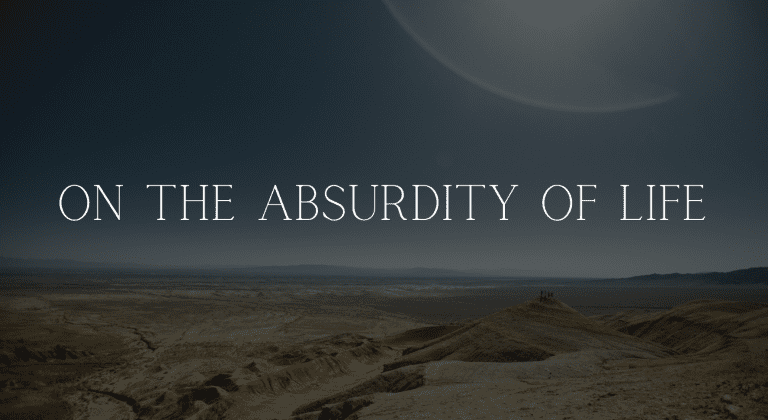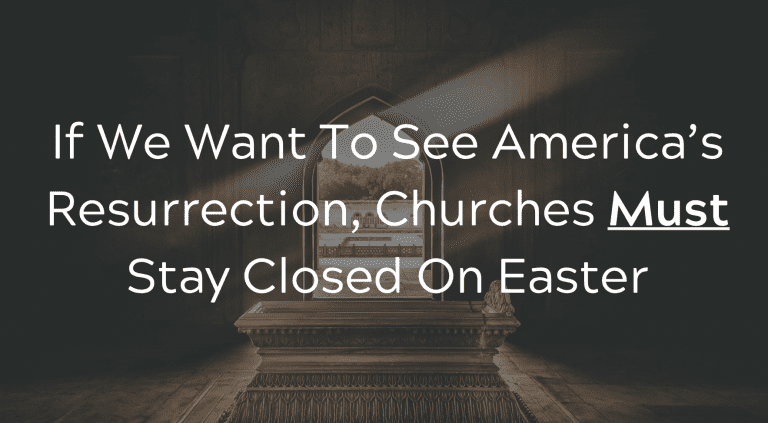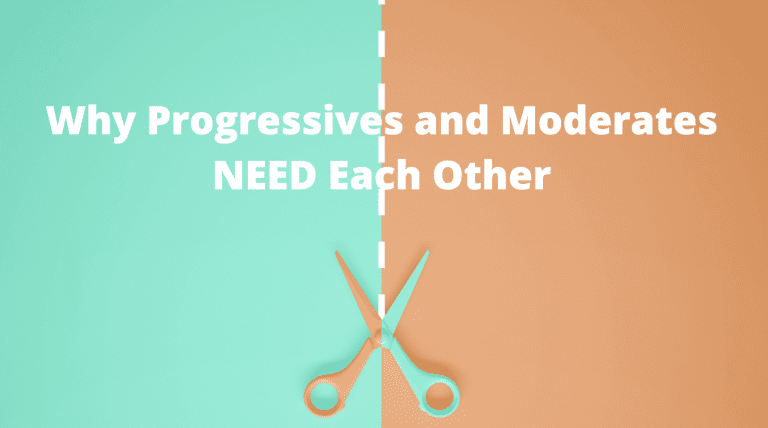The following sermon was preached at MCC of the Rockies in Denver, Colorado on Sunday, October 25, 2015 for their Reformation Day Service.
This morning, we, along with thousands of other churches in the Protestant tradition are celebrating Reformation Sunday. A day where we celebrate the work of the Protestant reformers of the 1500’s who realized that the church had strayed from the Gospel and had begun abusing it’s power to  control and exploit the faithful.
control and exploit the faithful.
This Sunday is meant to coincide with October 31st, 1517, the historic date when the Catholic Priest, Father Martin Luther, nailed what have become known as the 95 Theses to the door of the old church in Wittenberg, Germany.
Luther’s theses were 95 points of protest against the official teaching and practice of the Church in Germany, highlighting where they had strayed from the way of Jesus and outlining how they, according to Luther, could return to the fullness of the Gospel.
The nailing of the 95 theses to the Wittenberg door is known as the unofficial start of the Protestant Reformation, though the movement itself had already begun sometime before Luther’s bold action, in the works of other renegade priests who felt compelled to call out the churches misguided teachings.
Since those days, a movement of reformation was started that has never ceased. A tradition of questioning tradition and of examining the teaching of the Scriptures for oneself emerged as new form of Christianity, distinct from the Catholic and Orthodox traditions that had dominated the religion for nearly 1500 years.
One of the key mottos that emerged out of the Reformation was the phrase, “Reformed and reforming.” Meaning that the Christian Church was always meant to be undergoing Spirit-led, Scripturally based reformation, harkening to the voice of God as we move forward in history.
Yet today, I want to suggest, the tradition that prided itself on always reforming has itself grown stale and corrupt. It itself has fallen out of step with the Spirit. It itself is in need of reformation.
This statement is not so much a condemnation of our tradition as Protestants, but a reminder to us to never grow content with things the way that they are. Rather, we are called always to be heeding the voice of the wild Spirit of God, asking her where She would have us go, or what she would have us do.
Just as in the days of Martin Luther and John Calvin, our churches have ceased to understand the fullness of the Gospel of Jesus Christ. We have failed to live into the power of the Holy Spirit that resides within each and every one of us. We have grown enamored with our positions of power and privilege in American society, and in so doing, have forsaken those whom Christ himself has called us to honor the most.
Friends, today, as we celebrate the reformation that began 500 years ago, I also want to suggest that we of all people are in need of reformation.
In our scripture reading today, we heard the account of the Apostle Peter, who received a vision from God. In that vision, God showed him a sheet, and inside that sheet were all kinds of unkosher animals.
Now Peter was a faithful, bible obeying Jew. He knew what the Scriptures taught. He knew what the consequences were for disobeying the word of God. He could not eat these unclean animals. They were forbidden by God. They would defile him. They would separate him from God.
Yet in this vision, the most peculiar thing happens. Instead of God restating what was once written in the Bible, reminding Peter that these animals were unkosher and unclean, God does exactly the opposite. He instead commands Peter to “Rise, kill, and eat”, in direct contradiction to what was written and believed by faithful Jews for centuries.
Can you imagine what Peter must of felt? Here in this vision, he is being tempted to contradict the revealed word of God, and to eat unclean animals. But the one doing the tempting isn’t the devil. It is God himself.
So Peter, being the bright guy that he was, thought that God was testing him. He thought this was a test of his faithfulness. So he responds to God’s command by saying “No. I cannot touch these unclean animals because of what is written in your word.”
Peter resists this command from God because of his commitment to the Bible. He resists this command from God because in the world of religion, we always seem to think that the ways things have been are the way things should always be.
Two more times, God shows Peter this vision and commands him to eat these unkosher animals, in direct contradiction to the Levitical law. And two more times Peter resists, on the basis of what was written in the word of God.
But the final time that Peter resists, God speaks another word to the Apostle. Instead of restating the command to rise up, kill, and eat, he says to Peter some of the most powerful and uncomfortable words in all of the Bible.
God says to Peter, “Do not call unclean that which I have made clean.”
These words are uncomfortable words because they are words of reformation. These words are uncomfortable because what they suggest is the God herself is on a journey of reformation, can call to us to transcend that which has always been accepted or practiced into a new way of believing and being in the world.
In this one statement, God tells the Apostle Peter that that which was once considered unclean, based on the word of God, is now clean. That there has been a progression. A reformation. Things have evolved. Moved forward.
Now, this passage is actually not about kosher food laws at all. If we continue reading, we will find that this whole vision is actually meant to be understood as a call for Peter to go and spread the Gospel among the Gentiles.
Among the unclean, unholy, unkosher peoples of the non-Jewish world. This vision was God’s call to include a people who were once excluded and considered unclean and unredeemable.
And it is because of this vision that the Gospel came to us in the western world instead of remaining among the Jewish inhabitants of the Middle East
You see, this passage is one of reformation. It’s a passage that tells us the God is still speaking. That his Spirit is still moving and evolving, calling us to move past our outdated religious traditions and narrow beliefs into a greater more expansive vision of what Jesus called the “Kingdom of God.”
The Christian tradition at is core is one of reformation. Reformation didn’t begin with Luther and his 95 theses in Wittenberg. It began with a renegade Jewish Rabbi named Jesus coming on to the scene and mucking up the religious tradition of his day.
He healed the sick on the Sabbath, in direct violation of the word of God. He touched the unclean and unworthy and extended forgiveness to violators of God’s law. He overturned tables and spoke truth to the religious powers of his day, which ultimately cost him his life.
Friends, when we say that we follow Christ, we are saying that we are followers of the greatest reformer that ever lived. And when we say we follow Jesus, we are committing ourselves to be a people that are always harkening to the new thing that Spirit of God is saying to us.
Jesus told us that when he left, he would send the Spirit to lead us forward into all truth. The implication, then, is that there is much truth left to be revealed. More tables to be overturned. More scriptures to be expanded. More traditions to be burst open.
We, as followers of Christ, are people of reformation. Always called to be listening for a fresh word from the Spirit, always being willing to break past our comfort zones and move in to the wild, uncharted territories that God is calling us to.
Yet, here, in 2015, I believe that the Church of Jesus Christ has indeed become stagnant and in need of reformation. We have refused to hear what the Spirit is saying and to expand our boundaries to become all that God desires us to be.
We are a stubborn people who prefer comfort over action. Who prefer what’s good over what’s best.
But God is calling to us. Calling us to move forward. To change the way we think. The way we believe. But more than that, God is calling us to change the way we show up in the world.
Church, we have grown too complacent in the face of the great injustices on our doorstep. Over the past year alone, God has revealed to us the deep seated racism and sexism that is alive in the hearts of our nation. The corruption of our immigration policies that are taking the lives of thousands of children of God who only seek a chance at life. We have been shown the effects of our selfish ways that are destroying our ozone layer, depleting our planets natural resources, and hurdling our planet towards catastrophe. And in many cases, the church has responded.
But months later, what are we doing? How are we working to end this systemic problem of oppression that begins, I want to suggest, largely in religious communities that teach us to segregate and hate those who are different? How are we to help save our planet from our own corrupt ways? How are we to give of our wealth and power to those who need it most? How many of us in the LGBT community especially have been so consumed with “our issues” that we have failed to work for the good of our neighbors? These are the questions we must be asking. Church, we must reform.
Church, we have forsaken the Gospel of Christ, a Gospel which is first and foremost good news to the poor, liberation the oppressed, sight to the blind, and jubilee for all. Instead, we have embraced a consumeristic, capitalistic, materialistic Gospel. We have become so concerned with money and power. Out faith communities and denominations are more concerned with cozying up to politicians and presidential candidate than we are about giving all that we have to help the least of these around us.
In America, the Church has forsaken the kenotic way of Jesus that calls us to humble ourselves, to take the form of a servant, and to sacrifice all that we are for the good of our neighbors and our enemies. Instead, we cling tightly to our position of privilege in our nation, fighting for the government to support our endeavors and listen to our voice above the voices of our brothers and sisters of other faiths or of no faith at all. Dear brothers and sisters, we are in need of reformation.
Church, have preached a false image of God to the masses. Both conservatives and progressives have molded and created a God that is different from the one revealed in Jesus. We have made a God who supports our view points and perspectives, a God who values our people and sees us as the elect, a God who is so narrow and finite that he can only be present with those of us who feel the most right and righteous.
But the God revealed in Jesus is a God who is altogether queer. A God who is unique and expansive. A God in whom every molecule of the Universe is held together and a God who is made manifest primarily, not in scriptures or temples made by human hands, but in the faces of our neighbors and our enemies. A God that is not so abstract that he becomes a mere philosophical concept, but a living and active God who in reality lives and speaks and works in the world through us. Church, we are in need of reformation.
When we live in a day when it is rejection caused by religious communities that lead to LGBT youth homeless and suicide, we know that we must reform.
When the name of Christ has become affiliated with triumphalism and domination, we know that we must reform
When the Church has become so comfortable calling out the sins of others, but we are unwilling to look at our own lives with conviction and repentance, we know that we must reform.
When entire denominations have been formed that use the Bible to oppress women, advocate for discrimination, or justify immoral behavior, we know that we are in need of reformation. I could spend the rest of the day standing before you listing off far more than Luther’s 95 critiques against the Church, but I wont. Instead, I feel compelled to simply offer each of us a challenge.
We are followers of Christ, the great reformer. We, here this morning, find ourselves in the Protestant tradition, one that values above all else the ability to critique and progress beyond staleness and corruption in the Church. We of all people are people of reformation. This new reformation that I am convinced that God is up to is one of the Spirit. It’s a reformation that begins with each and every one of us stopping and centering ourselves each day of our lives, listening to that still small voice within that is calling us, like Peter, to move forward into a fuller expression of the Kingdom of God.
This morning, it is my hope that we would heed the call to reform. It is so easy to sit here and listen to me speak about this, its easy to say “Amen”, and its easy to have in mind another group of people that you think need to reform. But this word isn’t for another group. It’s for us. It’s for you.
Each of us need to reform our lives. We need to reform our churches. We need to reform our communities. And it’s not the job of religious leaders, or politicians, or activists to lead this theological, philosophical, social, and political renewal. The Spirits call is to you. To me. To be agents of reformation, of expansion, of inclusion, and redemption.
We are called to wake up each and every day and look out at our world and ask, “Where is the Spirit leading me today to bring about reformation and renewal?” The task is ours, dear family. We are all the great reformers. We are all, together, the hope of the world. What will you do today to help reform our waywardness and bring about salvation to our world?
The Spirit is, in fact, speaking to each one of us. The question is will we, like Peter and Martin Luther and Martin Luther King Jr. and all of the other reformers that have gone before us, have the ears to hear and the eyes to see where God is calling us to go?
May we always be reformed and always keep reforming, for the sake of the Gospel, for the sake of each other, and for the sake of our world.
Amen.











